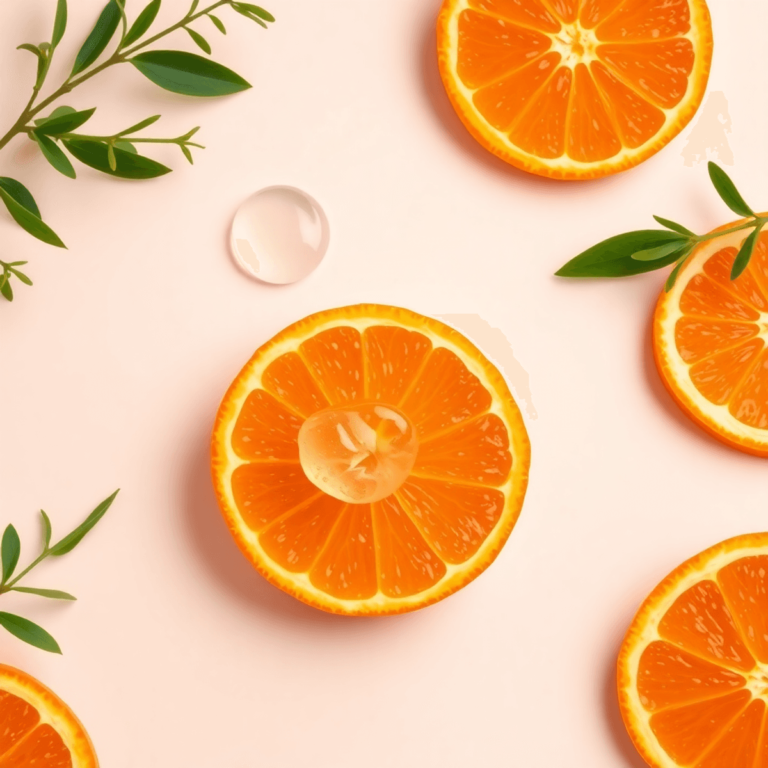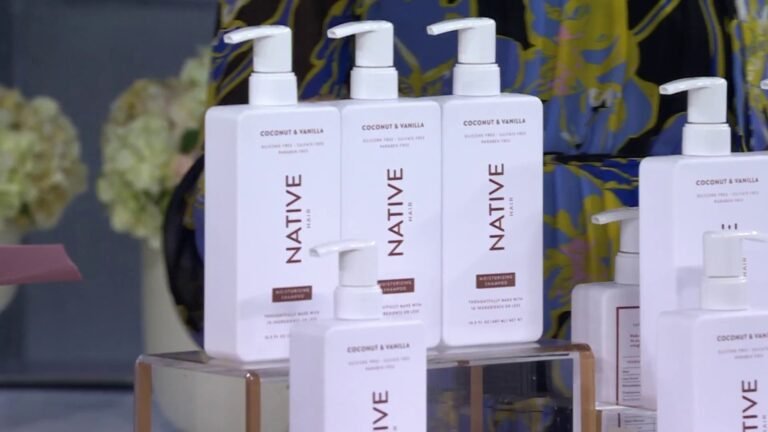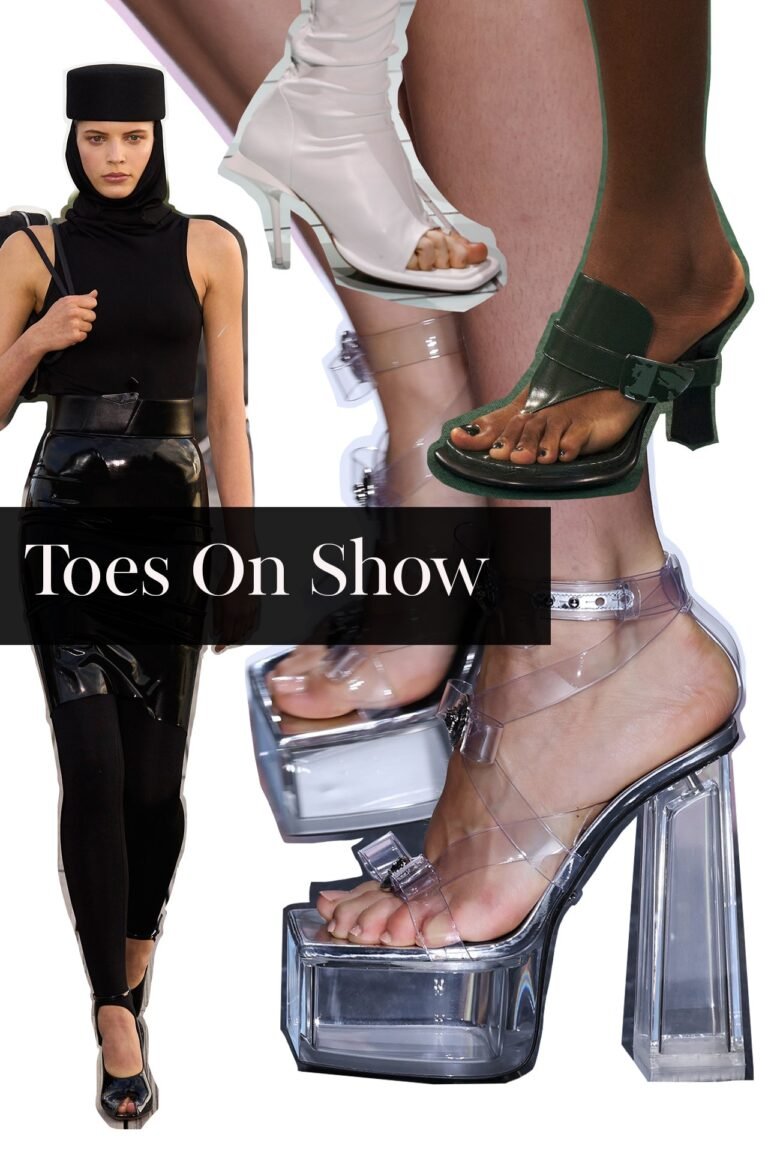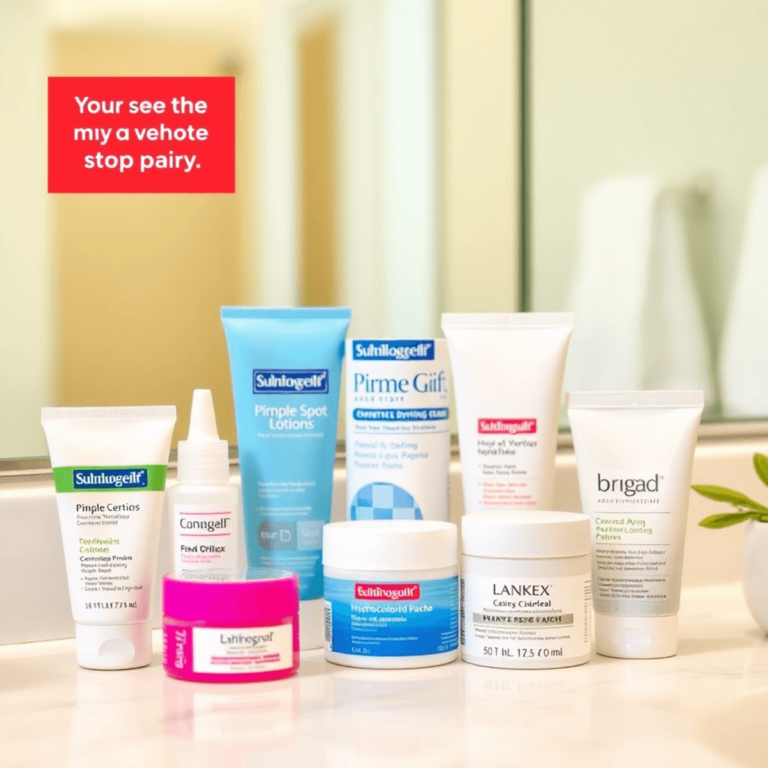Body Acne Treatment: Back, Chest, Butt, and More
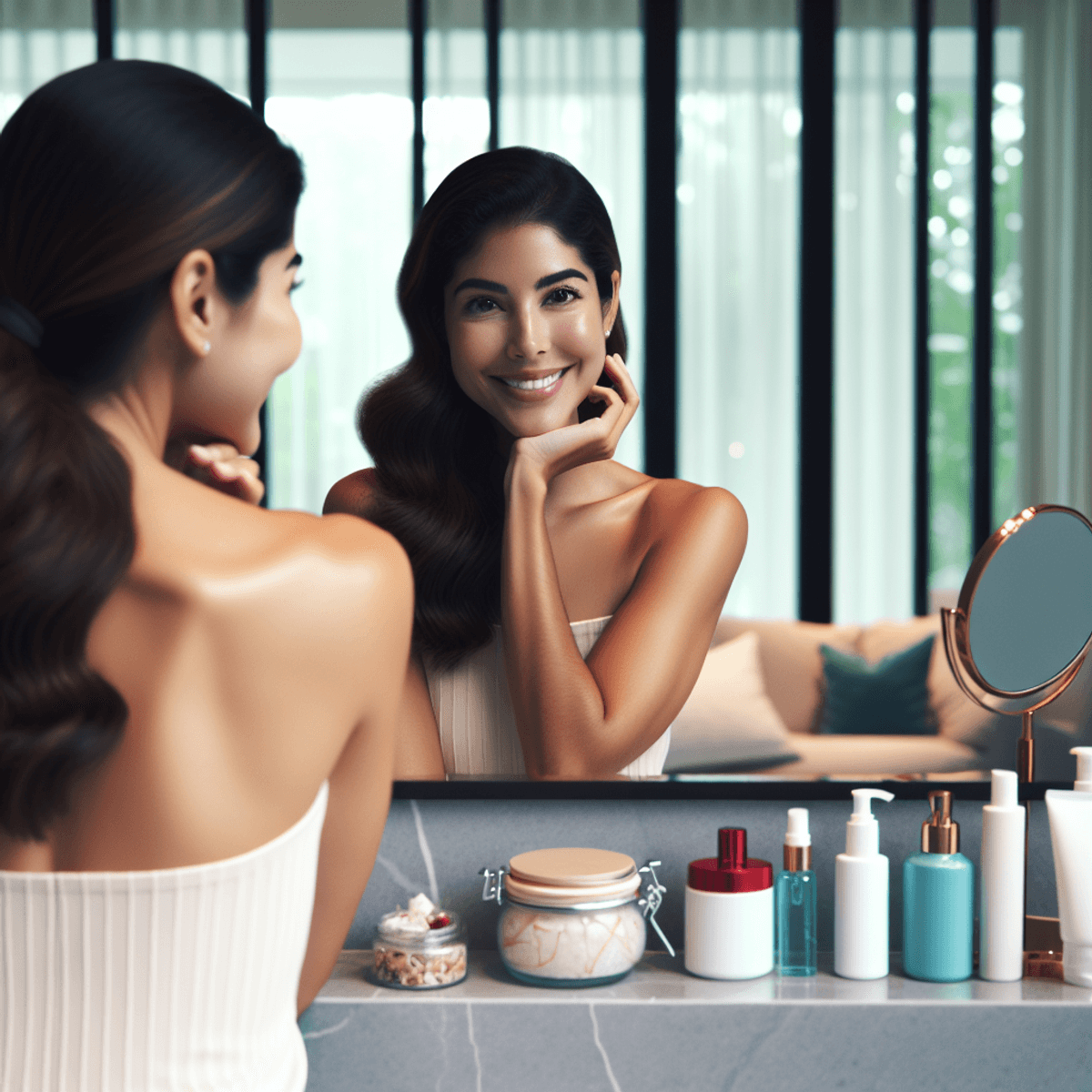
Introduction
Body acne refers to the presence of acne lesions on areas of the body other than the face. It can significantly impact both self-esteem and skin health. The most common areas affected by body acne include:
- Back: Often referred to as bacne, this area is prone to breakouts due to sweat and friction from clothing.
- Chest: This region may experience larger sebaceous glands, leading to inflammatory acne.
- Buttocks: Acne here, frequently caused by folliculitis, can result from irritation and tight clothing.
Addressing body acne is essential for maintaining healthy skin and boosting confidence. Many individuals feel self-conscious about visible breakouts in these areas, which can affect social interactions and personal relationships.
Effective treatment options exist for body acne treatment, specifically targeting back acne, chest acne, and butt acne. Understanding the nature of body acne and its common areas can help you take the necessary steps toward clearer skin.
Understanding Body Acne
Body acne comes in two main types: inflammatory and non-inflammatory.
Types of Body Acne
- Inflammatory Acne: This type includes conditions like cysts, pustules, and nodules. It is characterized by redness, swelling, and often pain. Inflammatory acne occurs when the hair follicles become clogged and infected, leading to more severe skin irritations.
- Non-Inflammatory Acne: This category consists of whiteheads and blackheads. These forms are less noticeable compared to inflammatory acne but can still lead to larger outbreaks if not treated properly. Non-inflammatory acne results from clogged pores filled with oil, dead skin cells, and bacteria.
Common Causes of Body Acne
Several factors contribute to the development of body acne:
- Clogged Pores: Accumulation of dead skin cells, excess oil, and bacteria create blockages in hair follicles. This condition sets the stage for both inflammatory and non-inflammatory types.
- Sweat: Excessive sweating can exacerbate acne by trapping dirt and oil against the skin. This is particularly common after workouts or in hot climates.
- Oil Production: Overactive sebaceous glands can produce too much oil, which contributes to clogged pores.
Role of Genetics and Hormones
Genetics play a significant role in body acne susceptibility. If your parents struggled with similar issues, you might be more prone to developing body acne as well. Hormonal fluctuations are another critical factor; conditions such as puberty, menstruation, or polycystic ovary syndrome (PCOS) often trigger increased androgen levels. These hormones stimulate sebaceous glands to produce more oil, leading to breakouts. For example, hormonal acne is a common issue faced during such times.
Understanding these aspects of body acne is crucial for effective management strategies. Identifying the type of body acne you have along with its underlying causes will guide you toward appropriate treatment options tailored for your specific needs.
1. Effective Treatment Options for Body Acne
Over-the-Counter Treatments for Body Acne
Body acne can be effectively managed with over-the-counter (OTC) treatments, which are accessible and often affordable. These products typically contain active ingredients that target the root causes of acne, such as excess oil, bacteria, and clogged pores. Below are some recommended OTC solutions tailored for specific areas affected by body acne:
- Benzoyl Peroxide Wash: This ingredient is known for its antibacterial properties and is effective in reducing inflammation. It works well for bacne (back acne) due to its ability to penetrate deep into the pores and eliminate bacteria that cause breakouts. Look for a body wash containing 5-10% benzoyl peroxide for optimal results.
- Salicylic Acid Products: Salicylic acid is a beta hydroxy acid (BHA) that helps exfoliate the skin, unclog pores, and reduce oil production. Many body washes or lotions formulated with salicylic acid are suitable for treating chest and butt acne. A concentration of 2% is commonly recommended.
- Tea Tree Oil Lotion: Known for its natural antibacterial qualities, tea tree oil can be an excellent alternative for those seeking a gentler option. Look for lotions or gels containing at least 5% tea tree oil to apply to affected areas on the back, chest, or buttocks.
- Glycolic Acid Products: Glycolic acid is an alpha hydroxy acid (AHA) that aids in exfoliation and helps remove dead skin cells from the surface. It’s particularly useful for treating chest acne where larger sebaceous glands may contribute to clogged pores.
Choosing the right product based on your skin type is crucial in maximizing effectiveness while minimizing irritation:
- Oily Skin: Opt for products with higher concentrations of benzoyl peroxide or salicylic acid. These ingredients help control excess oil production and reduce breakouts.
- Dry/Sensitive Skin: Choose gentler formulations with lower concentrations of these actives or opt for natural remedies like tea tree oil lotion. Always patch test new products to avoid reactions.
- Combination Skin: Consider using different treatments tailored to specific problem areas. For instance, use a stronger wash on your back while applying a milder lotion on your chest.
- Acne-Prone Skin: Incorporate a consistent routine that includes cleansing, treating with active ingredients, and moisturizing with non-comedogenic products to prevent future breakouts.
Prescription Treatments for Body Acne
In cases where OTC treatments do not provide sufficient relief, prescription medications may be necessary. Consulting a dermatologist can help determine if this route is appropriate based on the severity of your body acne.
- Topical Retinoids: These vitamin A derivatives increase cell turnover and prevent clogged pores. They are effective in treating both inflammatory and non-inflammatory types of body acne.
- Oral Antibiotics: For moderate to severe cases where inflammation is pronounced, dermatologists may prescribe antibiotics to reduce bacteria and inflammation from within.
- Hormonal Treatments: In women experiencing hormonal fluctuations contributing to body acne, options like oral contraceptives can effectively balance hormone levels and reduce breakouts.
Understanding these treatment options empowers you to take control of your body acne situation effectively while promoting healthy skin care practices tailored specifically to your needs.
Prescription Treatments for Body Acne
When over-the-counter (OTC) treatments for body acne do not yield satisfactory results, it may be time to consult a dermatologist. Professionals can provide personalized assessments and recommend stronger treatment options.
Categories of Prescription Treatments:
- Topical Retinoids: These are effective for increasing cell turnover, helping to unclog pores. Common examples include tretinoin and adapalene.
- Oral Antibiotics: Prescribed to reduce inflammation and bacteria, these medications can be particularly beneficial for inflammatory acne types.
Active Ingredients in Prescription Options:
- Salicylic Acid: Known for its ability to exfoliate and clear blocked pores. It’s often found in both OTC and prescription products.
- Benzoyl Peroxide: Targets acne-causing bacteria, making it a staple ingredient in many body washes for bacne and lotions for chest acne.
Recognizing the signs that warrant professional intervention is crucial. Persistent or severe breakouts that do not improve with standard OTC treatments signal the need for a more robust approach. A dermatologist’s expertise can guide you through options tailored to your specific body acne concerns, whether on your back, chest, or buttocks.
2. Natural Remedies that Work Against Body Pimples Like Magic!
Natural treatments for pimples on your back or chest can provide effective alternatives to conventional acne treatments. Here are some popular options:
1. Tea Tree Oil
Known for its antimicrobial properties, tea tree oil can help reduce inflammation and bacteria associated with body acne. Apply diluted tea tree oil directly to the affected areas using a cotton ball. Its potency makes it a favored choice among those seeking natural solutions.
2. Aloe Vera Gel
Renowned for its soothing and healing properties, aloe vera can calm irritated skin while providing moisture. Its anti-inflammatory benefits make it ideal for treating inflamed pimples. Simply apply pure aloe vera gel to the skin and leave it on overnight for optimal results.
While these natural remedies offer advantages, they also come with limitations:
Benefits:
- Gentle on the skin, making them suitable for sensitive skin types.
- Often less expensive than commercial products.
- Minimal side effects when used correctly.
Limitations:
- Results may take longer to appear compared to traditional treatments.
- Effectiveness varies from person to person; not everyone may experience the same benefits.
- Some individuals may have allergic reactions to essential oils or plant extracts.
Incorporating natural remedies into your skincare routine can be beneficial but does not replace the necessity of a comprehensive approach. For instance, some home remedies that work effectively against conditions like scabies can also provide relief for certain types of skin irritations, including body acne. You can explore these home remedies for scabies as an additional resource.
Consulting with a dermatologist remains crucial for personalized treatment plans tailored to your specific needs. Additionally, exploring other home remedies could further enhance your skincare routine by offering more options suited to your individual condition.
3. Quick Fixes: Overnight Solutions To Get Rid Of Those Pesky Back Or Butt Pimples Fast!
When you need to remove pimples overnight from back or buttocks, quick solutions can be a lifesaver. Here are some effective tips and recommended products to help you achieve clearer skin by morning.
Tips for Immediate Relief
- Spot Treatments: Applying a benzoyl peroxide cream directly onto the pimple can significantly reduce inflammation and kill bacteria. This powerful ingredient works by exfoliating the skin, unclogging pores, and reducing oil production. Use a product with at least 2.5% benzoyl peroxide for optimal results.
- Ice Therapy: For immediate swelling reduction, wrap ice in a cloth and apply it to the affected area for about 10-15 minutes. This method constricts blood vessels and minimizes redness.
- Tea Tree Oil: Known for its antibacterial properties, tea tree oil can effectively treat pimples when diluted with a carrier oil such as jojoba or coconut oil. Apply it using a cotton swab directly on the pimple to harness its natural healing power.
- Hydrocortisone Cream: A small amount of hydrocortisone cream can help reduce inflammation and redness. Use sparingly, as prolonged use is not recommended.
Recommended Products
- Benzoyl Peroxide Gel: Look for formulations designed specifically for body acne. Brands like Neutrogena and Clean & Clear offer effective options that target blemishes quickly.
- Salicylic Acid Body Wash: Incorporating a gentle body wash with salicylic acid into your routine can help prevent future breakouts while treating current ones.
- Pimple Patches: Hydrocolloid patches are great for absorbing excess moisture and preventing further irritation. These patches work best on whiteheads but can also provide relief for other types of pimples.
- Aloe Vera Gel: Natural and soothing, aloe vera gel helps calm irritated skin while providing hydration. It’s excellent for sensitive areas like the buttocks.
These quick fixes equip you with practical solutions to get rid of pimples fast, enabling you to feel more confident in your skin again. By incorporating these methods into your skincare routine, achieving clearer skin is within reach, even overnight!
4. Prevention is Key! Lifestyle Changes You Can Make To Keep Your Skin Clear All Year Round!
Preventing body acne requires a proactive approach. Implementing lifestyle changes can significantly help in managing and reducing breakouts. Here are several effective prevention tips for body breakouts:
Shower Post-Workout
Sweat can contribute to clogged pores, especially in areas prone to body acne like the back and chest. Make it a habit to shower immediately after exercising to wash away bacteria and sweat.
Wear Loose-Fitting Clothing
Tight clothing can cause friction, leading to irritation and breakouts on your back and buttocks. Opt for loose-fitting attire that allows your skin to breathe, particularly during workouts or hot weather.
Skincare Routine Adjustments To Prevent Future Breakouts On Your Back Or Chest!
Adapting your skincare routine is crucial in preventing body acne. Focus on products that cater specifically to the needs of your skin type. Consider the following adjustments:
- Use Non-Comedogenic Products: For bacne sufferers, selecting non-comedogenic skincare products is essential. These products do not clog pores, reducing the risk of breakouts. Look for labels that specify “non-comedogenic” when shopping for lotions, sunscreens, and even makeup.
- Gentle Exfoliation: Regular exfoliation helps remove dead skin cells that could clog pores. Use a gentle exfoliating scrub or body wash containing salicylic acid or glycolic acid to promote cell turnover without irritating the skin.
- Moisturize Properly: Maintaining hydrated skin can prevent overproduction of oil, which contributes to acne. Choose lightweight, non-comedogenic moisturizers that won’t exacerbate existing breakouts.
Implementing these changes can make a significant difference in how you manage Body Acne Treatment: Back, Chest, Butt, and More effectively.
Incorporating these habits into your daily life will guide you on how to get rid of breakouts more effectively. Remember that consistency is key; developing a routine helps maintain clearer skin over time.
Other preventive measures include:
- Regularly Changing Bed Linens and Towels: Bacteria can accumulate on surfaces that come into contact with your skin. Regularly changing bed linens and towels reduces this risk.
- Stay Hydrated: Drinking plenty of water aids in maintaining healthy skin by flushing out toxins from your body.
By focusing on these practical lifestyle changes alongside a suitable skincare routine, you empower yourself in the battle against body acne, fostering long-term skin health and confidence.
5. The Role Of Lifestyle Factors In Causing And Curing Body Acne Problems: Diet, Stress And More!
The Impact of Diet on Skin Health
Diet plays a crucial role in skin health. Certain foods can trigger acne flare-ups, particularly high-glycemic foods. These foods cause rapid spikes in blood sugar levels, which can increase insulin production and lead to inflammation.
Foods to Avoid:
- Sugary snacks: Candy, pastries, and soda
- White bread and pasta: High in refined carbohydrates
- Dairy products: Some studies suggest dairy may exacerbate acne
In contrast, incorporating a balanced diet rich in whole foods can promote clearer skin. Focus on:
- Fruits and vegetables: Packed with antioxidants
- Whole grains: Lower glycemic index options like quinoa or brown rice
- Healthy fats: Sources like avocados and nuts can reduce inflammation
The Connection Between Stress and Body Acne
Stress is another significant factor contributing to body acne. It triggers the release of hormones like cortisol, which can lead to increased oil production. This creates an environment conducive to breakouts.
Tips for Managing Stress:
- Regular exercise: Engages both body and mind while reducing stress levels
- Mindfulness practices: Activities such as yoga or meditation help center thoughts and alleviate anxiety
- Adequate sleep: Aim for 7-9 hours each night to support overall health
Addressing both dietary habits and stress management can significantly impact your skin condition. Adopting these lifestyle changes not only aids in preventing future breakouts but also enhances your overall well-being.
Conclusion: A Comprehensive Approach Is Essential For Treating Bodily Breakouts Effectively!
Addressing body acne requires a tailored approach that considers individual skin types and concerns. Dermatologists can provide valuable insights and develop a personalized treatment plan to help you manage breakouts effectively.
Key points to consider include:
- Understanding your skin: Different body areas may react uniquely to treatments.
- Customized solutions: Prescription medications, topical treatments, or lifestyle changes can be integrated based on your specific needs.
- Regular follow-ups: Adjustments in treatment may be necessary as your skin improves or changes.
Seeking professional guidance ensures you have access to the most effective Body Acne Treatment for your back, chest, butt, and more. Prioritizing personalized care can significantly enhance both your skin health and self-esteem.
FAQs (Frequently Asked Questions)
What is body acne and where does it commonly occur?
Body acne refers to acne that develops on areas of the body other than the face, commonly affecting the back, chest, and buttocks. It can impact self-esteem and skin health, making it important to address.
What are the main types and causes of body acne?
Body acne can be classified into inflammatory and non-inflammatory types. Common causes include clogged pores, excess sweat, and oil production. Genetics and hormones also play a significant role in its development.
What effective treatment options are available for body acne?
Effective treatments for body acne include over-the-counter (OTC) products such as benzoyl peroxide washes and tea tree oil lotions, as well as prescription medications like topical retinoids and oral antibiotics. Choosing the right product depends on individual skin type.
Are there natural remedies that can help treat body acne?
Yes, natural remedies such as tea tree oil and aloe vera gel have shown effectiveness in treating body acne. However, it’s essential to consider their benefits and limitations compared to conventional treatments.
What quick fixes can I use to reduce pimples overnight?
To reduce the appearance of pimples overnight, consider using spot treatments with benzoyl peroxide cream or other recommended products known for their effectiveness in quick relief.
How can lifestyle changes help prevent body acne breakouts?
Preventive measures such as showering after workouts, wearing loose-fitting clothing, and using non-comedogenic skincare products can significantly help manage body acne. Implementing a consistent skincare routine is also crucial in preventing future breakouts.


